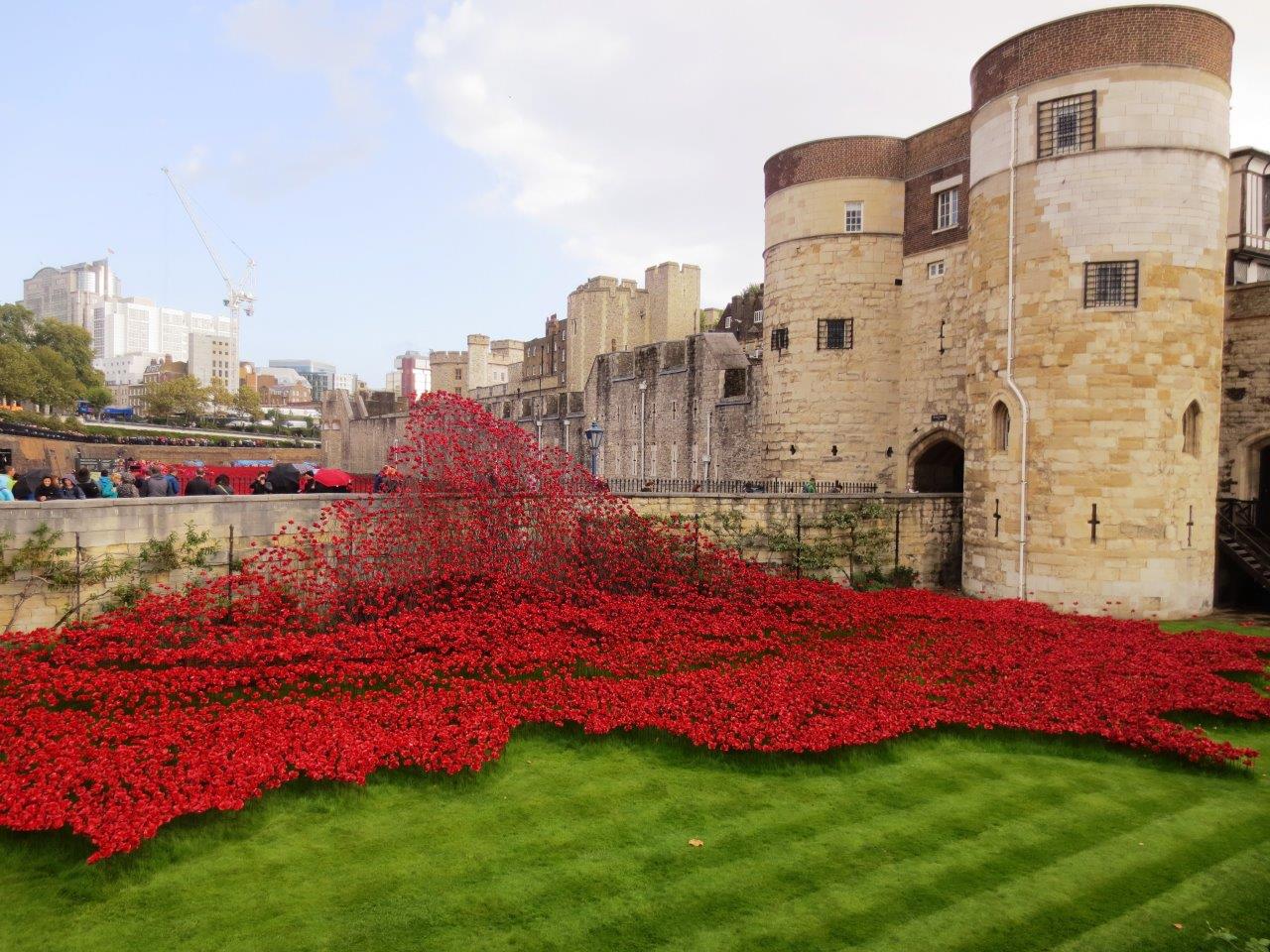

The First World War (or the Great War) was one of the biggest conflicts we have ever seen. The total number of military and civilians hurt in the war was around 37.5 million. There were 16.5 million deaths. This was especially devastating to the countries in Europe with a large number of men between 16-40 years old killed.
Within these pages you’ll find information and case studies about the road to war and what caused such a conflict. We cover the major battles over four years of war and how it was eventually brought to an end.
| Event | Why it was important | Read about it |
| The Battle of Amiens | A battle in August 2018 that ended the stalemate on the Western Front and left Germany demoralised and on the defensive | Read about it here. |
| The Battle of Cambrai | The last major offensive of 1917, started on 20 November in Northern France | Read about it here. |
| The Battle of Passchendaele | Read the timeline of the Third Battle of Ypres from 31st July 1917 | Read about it here. |
| The Battle of the Somme | One of the bloodiest battles of the First World War started on 1st July 1916. Over one million people would lose their lives. | Read about it here |
| The Battle of Jutland | This naval battle took place on the 31st May 1916 | Read about it here |
| The Battle of Loos | This battle took place on 25th September 1915 and was known as the “big push” | Read about it here |
| The Battle of Aubers Ridge | Starting on 9th May 1915, the battle of Aubers Ridge was the first stage of British involvement in the Second Battle of Artois, France to disrupt German communications and supply lines | Read about it here |
| Gallipoli | Starting on the 25 April 1915, British, French, Australian and New Zealand forces launched an attack against the Turks, Ottoman Empire at the Gallipoli Peninsula. On 9 January 1916 the last troops were evacuated. | Find out more here. |
| The Second Battle of Ypres
|
Between the 22nd April – 25 May 1915, fighting took place to break the deadlock of trench warfare in this area of the Western Front as the Germans looked to divert attention from redeployments to the Eastern Front. It was the first time chlorine gas was used. | Find out more here.
|
| The Battle of Neuve Chapelle |
On the 10 March 1915, the first large scale British planned offensive of the First World War took place. It took place at Neuve Chapelle, France. | Find out more at our dedicated page |
| The Christmas Truce | Between 24 – 26 December 1914, a spontaneous truce was called on the Western Front where soldiers sang carols and played football. | Read about what happened here |
| The Battle of the Falklands | Vital battles took place around the Falkland Islands to protect crucial shipping routes bringing supplies | Read more here |
| The First Battle of the Marne | Information and details about the work of the British Expeditionary Forces to support the French fifth and sixth armies | Read more here |
| The First Battle of the Aisne | Details on this battle that lasted four years and in the end created 400 miles of trenches. | Read more here |
| The First Battle of Ypres | The First Battle of Ypres was a costly Allied victory. | Read more here |
| The Battle of Mons | Read about one of the last Battles of the Frontier. | Read more here |
| Victoria Cross Winners at Mons | Five men received the VC for acts of immense bravery during the Battle of Mons | Read about them |
| Private Patrick Fowler | Private Fowler, after getting caught behind enemy lines, spent the war presumed dead, sheltered in a wardrobe | Read about him |
Approximately 885,138 British people were casualties of the First World War. Click here to find out about the British casualties from all major wars and conflicts.
Lots of events in 2014 marked 100 years since the outbreak of the First World War.
This included a powerful poppy display at the Tower of London where 888, 246 ceramic poppies were planted and money raised by people buying the poppies right up to 11 November, Remembrance Day.
Britpolitics was proud to buy a poppy to commemorate the sacrifice of so many.
All donations went to six charities supporting current and former members of the armed forces and their families.
The causes are widely debated by historians but centre around several key events and people, which together caused the war. Click on the red links to find out more:
As they set out on the Road to War, we look at a the viewpoint of British politicians at the time. Did they expect the war? What else was going on in British politics? Why didn’t Parliament vote to go to war?
Irish Home Rule was a major area of policy in British Politics. Decisions were being made by politicians at the same time as events that led to the outbreak of war
